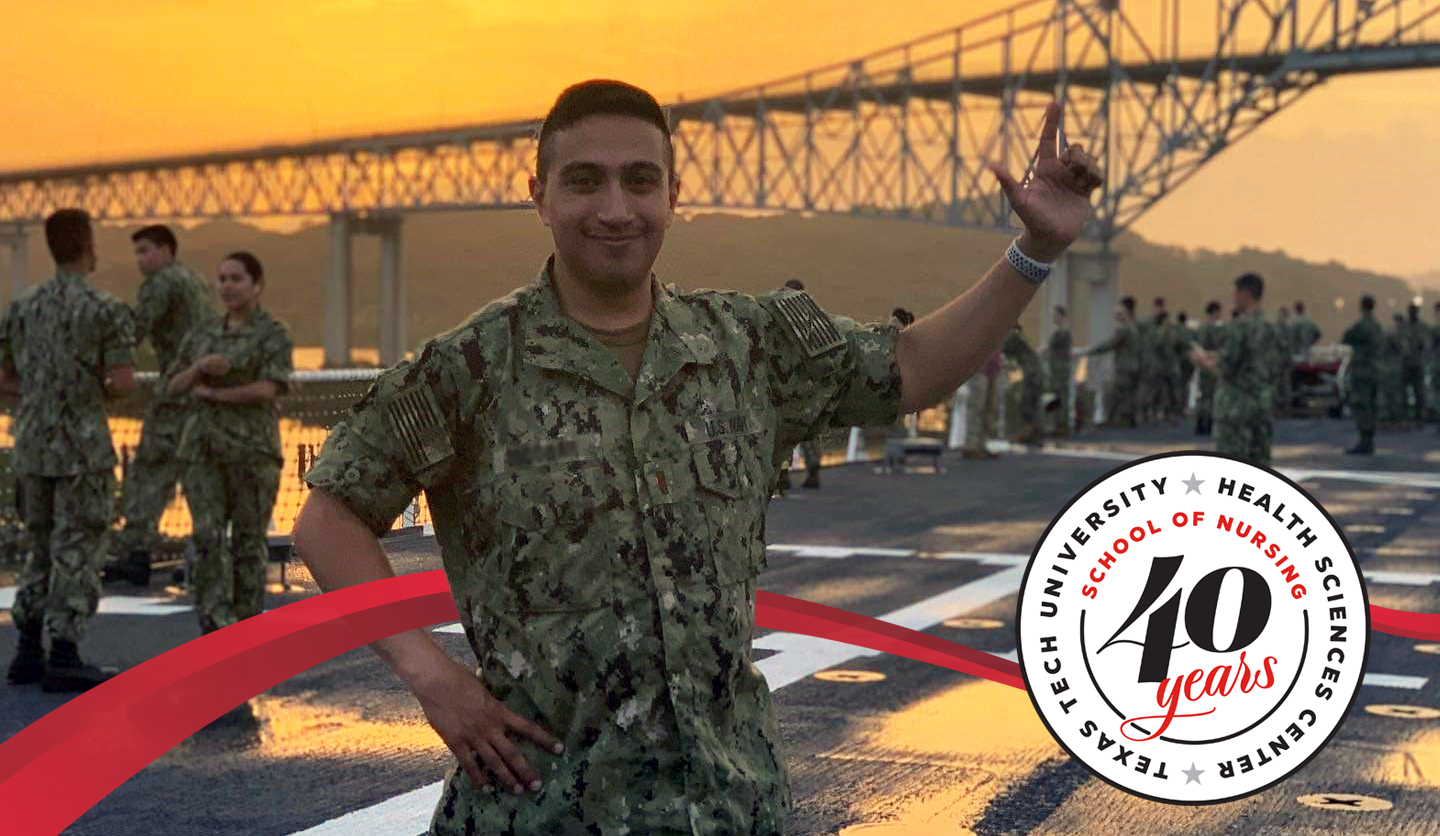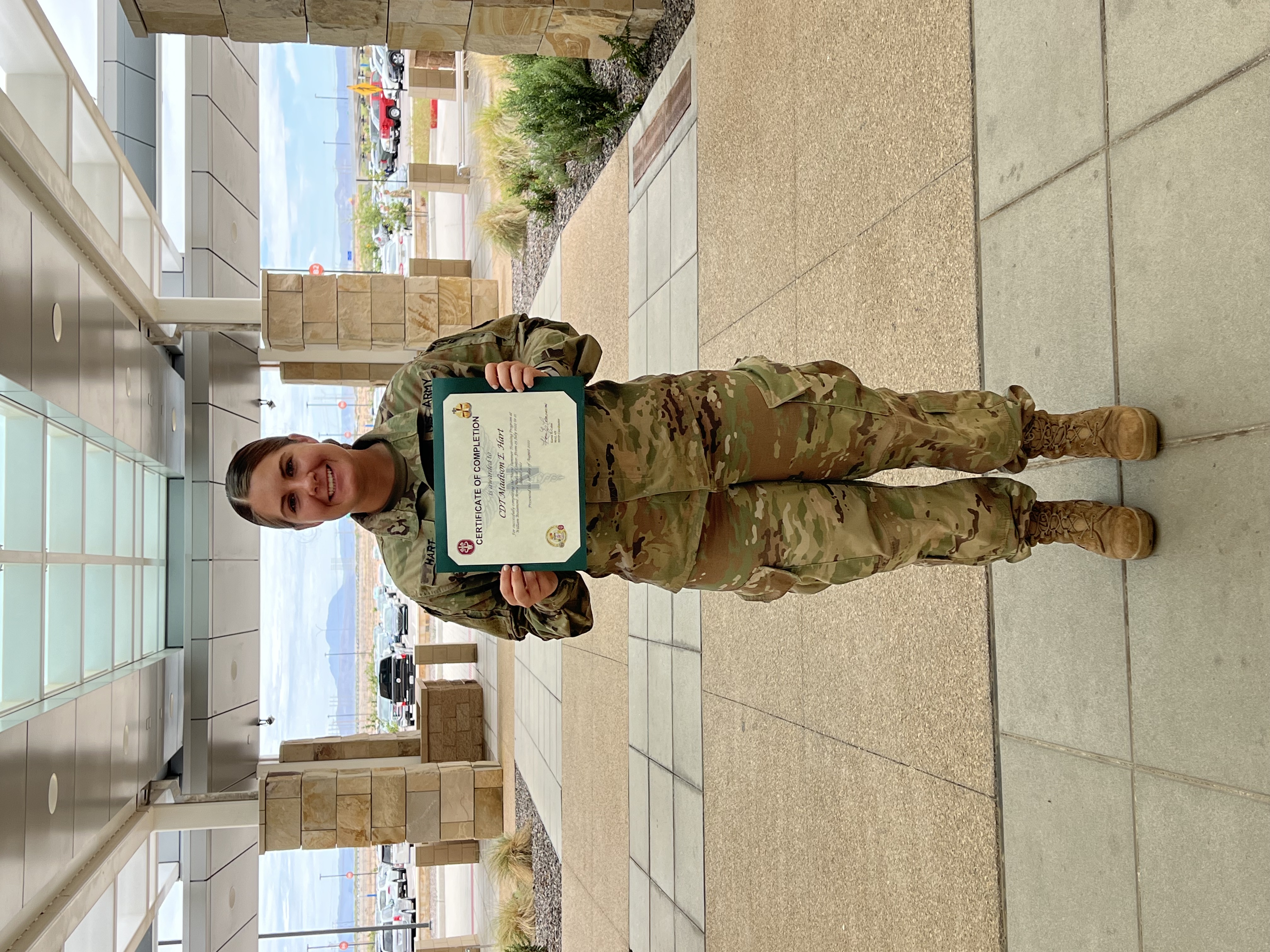Military Bsn Programs - You are here: Home 1 / Blog 2 / Career Guidance 3 / Military Nursing: How to Become a Registered Nurse Working in the...
Military nursing is one of the most rewarding and challenging career paths a registered nurse can explore. There's no question about it: Working in the military can be stressful and even dangerous, but in the end it combines two of the most noble actions any human being can take: helping others and serving your country.
Military Bsn Programs

In this comprehensive guide, we'll explore some of the ins and outs of this career, and more importantly, why military nursing is such a coveted career. Plus, we'll discuss the steps to becoming a military nurse, the benefits, salary options, and much more.
Bsn Veterans Option
Whether you work in civilian or military nursing, the primary goal of the practice is the same: to provide high-quality nursing care to patients and promote their well-being. However, military RNs accomplish this goal in very different circumstances.
Military RNs serve in all major branches of the military because their services are needed and highly valued in the Army, Navy, Air Force, and Coast Guard. In terms of job descriptions, her duties are not that different from the duties of a nurse caring for civilians; only the work environment is really different.
Working in the military can mean deployment to foreign war zones to accompany active duty units on their missions. It may mean serving in temporary installations such as combat units near the front lines. The workplace will be fast-paced and stressful, and at times you may have to work in life-threatening conditions. Travel requirements, patient populations, and working conditions can create physical and psychological demands.
Clearly, military nursing is not a job for everyone. It takes a certain type of personality to be successful in this career. An aspiring military nurse must be professional, think fast, and maintain their composure even in the most intimidating situations. High stress tolerance is another critical skill for RNs considering military service.
How Long Does It Take To Complete An Rn To Bsn Program?
Let's say the idea of joining the Army, Navy, or Air Force as a nurse has crossed your mind. In this case, you need to know all the requirements to become a nurse in the military. In this section, we will discuss how to become a military nurse. We will start with the school requirements and move on to the additional training required to secure military nurse positions.
Although many civilian nurses accept an Associate's Degree in Nursing (ADN) as a basic educational requirement, this is not the case when it comes to the military. In the military, nurses are commissioned officers. To be eligible for a commission and become a nurse in the military, you must have at least a bachelor's degree in nursing or a bachelor's degree in nursing. That's why the first step is to enroll in an accredited BSN program that will equip you with the extensive knowledge and skills necessary to excel in the military services. If you want to continue your education and become a military nurse, you will need to complete a master's degree in nursing.
A highly accredited BSN program will measure up and prepare you to join the military as a registered nurse in as little as 32 months.

After completing a nursing program, you must obtain a certificate as a registered nurse. You do this by passing the National Licensure Examination (NCLEX-RN), a comprehensive exam that will test your readiness to become a full-fledged RN. Once that final hurdle is cleared, it's time to celebrate as a licensed nurse and get one step closer to your dream job!
Nursing School In Cleveland
With the proper RN license under your belt, you can start working as a registered nurse. Many nurses choose to work and gain experience in civilian nursing before enrolling. Alternatively, you can join the military as a recent graduate, although a lack of nursing field experience can add to the stress of the job.
The military career includes a very specific fourth step that other nursing specialties do not have. After completing all other school requirements, you must also complete officer training offered by the branch of the military in which you intend to serve. Officer training functions as a crash course in military life and leadership skills, preparing aspiring military nurses for the lifestyle they will soon embrace. Additionally, as part of officer training, nurses are required to complete a series of physical exercises and demonstrate their skills in various fitness challenges.
Other than a BSN degree and an active, unencumbered RN license, additional certifications are generally not required for nurses who wish to serve in the military. However, certain credentials may be highly recommended (or even required) for certain nursing specialties and positions. These are very specialty specific. Examples of possible certifications that employers may require are: Acute Cardiac Support (ACLS), Pediatric Advanced Life Support (PALS), or Critical Care (CCRN). It helps to know that each military nursing job will have its own requirements, so it's essential to check what they are ahead of time.
In general, as a registered military nurse, you must make a commitment of at least three years. You will likely change locations and be stationed in a new region every three years. These places can be at home or abroad. Some of the work environments you may find yourself in include:
Military Enlisted Commissioning Program
The military employs nurses with various specializations. Intensive care RNs are in particular demand in military recruiting because their expertise is needed to treat the critically wounded. But nurses also care for members and their families, helping them with illnesses, injuries or non-combat conditions. Some other specializations for military nurses include labor and delivery, neonatal care, and mental health psychiatric care. Therefore, specialization can also play a role in the work environment in which you find yourself.
Military nurses working in the uniformed services must also consider their age as a factor when recruiting. The eligibility age varies from one branch of the military to another. To work in the Navy Nurse Corps, you must be between the ages of 18 and 41. The age of eligibility in the Air Force is 18-47, while enlistment in the Army Nurse Corps is open to nurses ages 21-42.
For some nurses, the question is how much does a military nurse make? it may be the decisive factor to continue this professional path.

Military nurses are paid competitively, with the pay rate increasing with the grade or rank the nurse holds. ZipRecruiter reports that military nurses earn between $50,000 and $100,000 a year. Employment opportunities for registered military nurses are particularly excellent. They are in demand in all branches of the military. Still, the military remains the largest employer of military nurses.
Military Nurse Career Overview
Competitive salaries are not the only advantage. Graduate nurses who are drafted into the military have the option of having the government pay off their student loans, which is a huge financial advantage. Other benefits include housing subsidies, free or low-cost health insurance, hazard pay for working in conflict zones, and pension plans. Military nurses can retire after 20 years of service and are eligible to receive a pension.
Military nurses share many responsibilities with civilian nurses; only they perform all these responsibilities in a military environment. In general, the duties of a military nurse largely depend on whether they are serving in peace or in war. In times of peace, nurses will care for active duty military personnel, retired military personnel, and family members of active military personnel. They may offer outpatient maternal and child care or rehabilitation nursing. During combat, nurses will need to provide care near battlefields and in conflict zones, wherever they are stationed around the world. This can often include treatment of serious, life-threatening injuries, such as gunshot wounds or loss of limb. Some of the specific duties of RNs working in the military include:
Joining the military as a registered nurse is one of the most noble and rewarding career paths for an RN. It is certainly a demanding profession accompanied by a potentially dangerous work environment. But it also comes with the opportunity to travel and work around the world, significant financial benefits like high salaries, and loan repayment options. In addition, it offers you the opportunity to serve your country while pursuing your calling: caring for people and improving the world, one patient at a time.
Begin your journey to a career as a military nurse by enrolling in a BSN College program. If you already have a degree in DNA and want to accelerate your path to a career in the military as a nurse, our online RN-to-BSN is the answer.
Jobs After The Military How To Translate Your Military Skills To A Civilian Resume Infographic
Aesthetic Nursing: A Step-by-Step Guide To Your Cosmetic Nursing Career Orthopedic Nursing: How To Become A Successful Orthopedic Registered Nurse AU Army ROTC Provides Nursing Students Scholarship Opportunities, Leadership Training, Senior Placement and future careers. Students can enroll as a freshman, sophomore, or freshman
Military drone range, laser range finder military, military range bags, military range targets, long range military radio, military radio range, military range finder, military long range binoculars, range rover military discount, military range rover, range of military drones, military range bag

0 Comments